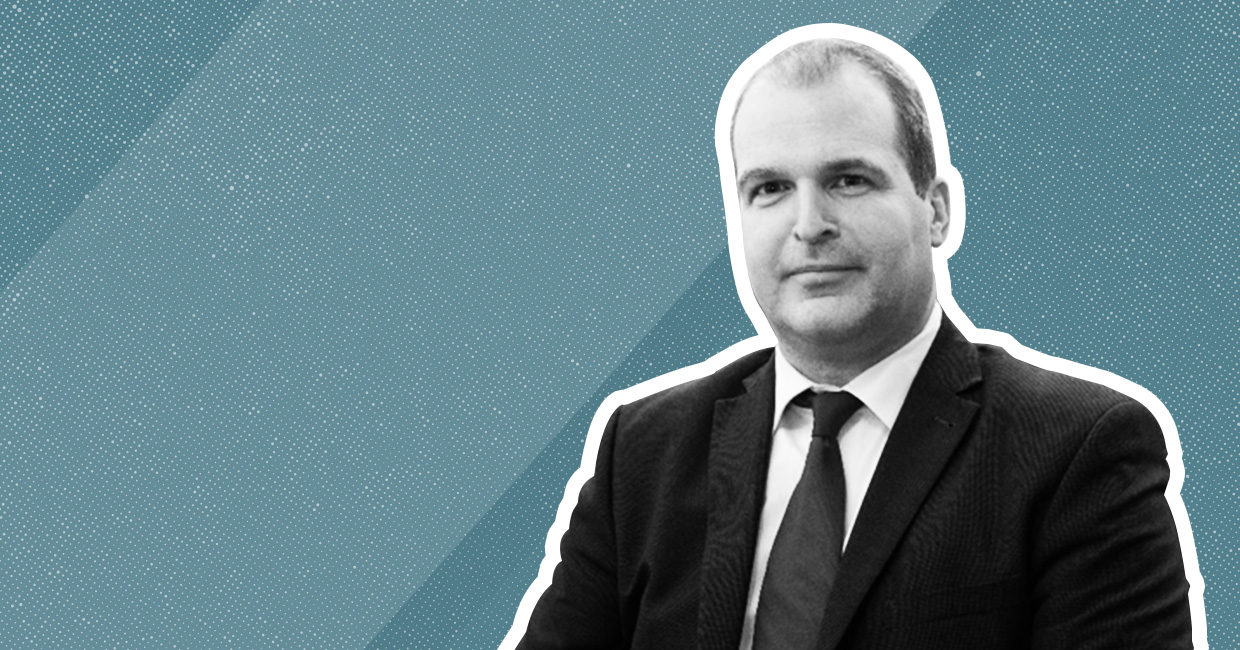The Proust Questionnaire was a parlor game popularized by French writer Marcel Proust. He believed that, by answering a few provocative questions, a person would reveal his or her true nature. In this series, we’ve asked a who’s who of M&A, private equity, finance, and legal professionals to provide short answers to our Proust Questionnaire for Dealmakers.
For this edition, we sat down with Michael Lamm, Co-founder and Managing Partner of Corporate Advisory Solutions (CAS). CAS is an investment and merchant banking firm that specializes in the tech enabled outsourced business services sector. Prior to co-founding CAS, Michael served as a Director at Kaulkin Ginsberg, an M&A and strategic advisory firm specializing in the ARM industry for over 10 years, executing over 70 M&A transactions.
Read on below to see what Michael’s candid responses reveal about the science and culture of dealmaking today.
TOUCHPOINT: Which words or phrases do M&A professionals most overuse?
Michael Lamm: Double click. I used to love the phrase, but now it’s being used in every context, from getting more insights into a company or any situation at hand!
TP: As a teenager, Warren Buffet washed cars, delivered newspapers and placed pinball machines in local businesses. What was your first job and what, if anything, did it teach you about dealmaking?
ML: I worked as a busboy at an Italian restaurant. When I look back on that experience, I remember the long hours and always trying to make the waitstaff happy. The faster I cleaned the tables, the more people could sit and eat. As a result, they would earn more tips, which in turn led to more tips for me.
It made me love incentive related compensation. If I work harder and more efficiently, I can earn more. I have kept that belief with me to this day.
TP: Are you positive about the outlook for M&A in the coming year?
ML: Absolutely. I think this will be another big year for M&A activity across all industries. Our markets are using more automation, which is driving strategic buyers and private equity firms to get excited about growth opportunities in tech-enabled outsourced business services.
TP: What is your greatest fear when you’re in the midst of a deal?
ML: As an M&A professional, you can only control so much. I always start thinking that if a deal is dragging along, something out of my control is going to pop up—a legal issue or the financial performance declines. I am always focused on keeping the deal moving to try and avoid any financial or legal hiccups.
TP: What is the trait you most deplore in a client?
ML: Not listening. It drives me crazy!
TP: With so many moving parts, how do you keep deals moving and avoid bottlenecks and deal fatigue?
ML: Communication, communication, communication. Email and text is not enough. To keep our clients as well as buyers engaged, talking over the phone or meeting face to face (when it can be done) is critical.
TP: Tell us about your biggest deal disaster (everybody’s got one)?
ML: One that sticks in my memory to this day was when I was selling a call center division in Jamaica to a strategic buyer. We were on our way to Jamaica for management meetings and when we arrived, the doors to the building were padlocked. The U.S. and Jamaican government shut down the business for deceptive practices and our client didn’t tell us that they were being investigated by the Federal Trade Commission.
I was very disappointed at the time that our client lied to us about the situation and it always makes me appreciate the great clients that are upfront, candid, and transparent during a sale process.
TP: It’s called the IKEA effect—the tendency to place a disproportionately high value on things that you build yourself. How do you manage unrealistic valuation expectations from sellers who have spent years building their business?
ML: Being a business owner, I certainly understand how this happens, but I take it in stride when I talk to owners who have unrealistic valuation expectations. Given that we play “long ball” in our industries, I always take the high road and try to educate the owner about how companies are being valued in the marketplace. I try to explain why the business won’t trade for the valuation they may be looking for. And I always try to keep an open dialogue and wish them well.
TP: There can be an unfair perception out there that investment banking is a commoditized business, not unlike real estate. Do you ever come across this? If so, how do you negotiate a fee that makes sense for both you and your client?
ML: We are in a relationship business, especially dealing with lower middle market business owners. Our sales cycle could be 3 to 5 years or more. We take the relationships that we develop very seriously and try to show owners how we differentiate ourselves in the market, specifically with our industry knowledge, expertise, and the number of deal closings that we have done in a particular market or vertical.
TP: What do you consider the most overrated virtue?
ML: Confidence. It is certainly a key attribute for success, but it can often be at odds with the accuracy of decision making, specifically in our line of work.
TP: What do you consider your greatest achievement?
ML: Having a family. I’m married with two kids, 5 and 8 years old, with another on the way. My wife is due with our 3rd child at the end of April.
TP: What’s your favorite thing to do when you’re not at work?
ML: I love anything outdoors—from going on a hike, running, and taking a walk around the neighborhood.
TP: What is your most treasured possession?
ML: My time. Dividing time up between work andpersonal stuff is critical for me.
TP: What is your greatest extravagance?
ML: Whenever I go on vacations I really enjoy going to a nice resort with great amenities and food.
TP: Get out your crystal ball: What do you think the M&A advisory space will look like in 50 years? Will it even exist?
ML: It will absolutely exist. I think it is going to be much more automated, but it still will be very personal and relationship based in the lower middle market.





